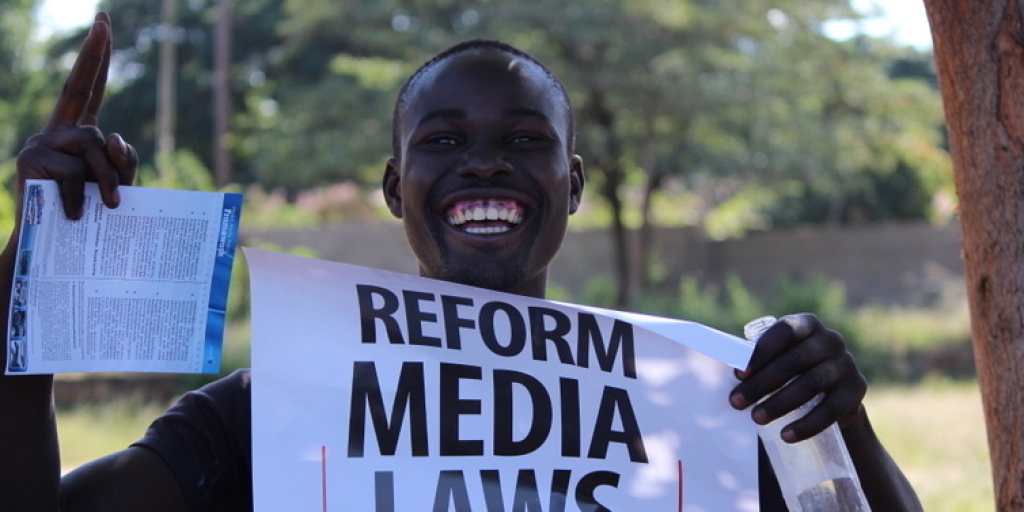The State of Freelance Journalists in South Africa – A Report
PICTURE: Ketut Subiyanto/Pexels
Prof Sarah Chiumbu and Dr Allen Munoriyarwa
This report was commissioned by the South African National Editors’ Forum (SANEF) and the Henry Nxumalo Foundation (HNF)
Freelancing is increasingly becoming a practice and culture, taking up a significant portion of employment across different industries. In the media industry, particularly in journalism, it’s not a phenomenon, but digital technology – online publications, blogs and news platforms – is generating new opportunities.
Barriers to entry have been lowered, enabling more freelancers to contribute content and reach a broader audience. The pandemic led to a widespread shift toward remote work which, in turn, helped to ‘normalise’ freelancing. But it’s the ongoing crisis in media – marked by poor revenue generation, declining advertising income and other challenges – which forced thousands of highly-skilled journalists into freelancing through job losses across the industry. This was the case even before COVID-19.
The crisis remains complex and is not fully understood, but there’s widespread agreement that the transformations in media labour have been profound.
In light of this, the South African National Editors Forum (SANEF) and the Henry Nxumalo Foundation (HNF) commissioned research to explore and understand the current state of our freelance journalism.
Focusing on the state of freelance journalism is crucial because freelancers play a vital role in sustaining democracy. They often provide unique and diverse perspectives, covering a broader range of topics and viewpoints than staff journalists who may be constrained by the editorial policies of specific publications
This diversity enhances the representation of public opinion and concerns, which is essential for a healthy democracy.
The report aims to highlight key issues rather than provide exhaustive solutions about the future of freelance journalists in South Africa. Limited research already available had examined aspects of freelancing, so this report is an initial step in addressing the gaps.
The objectives are to:
• Examine the working conditions of freelance journalists in South Africa
• Explore the industry conditions giving rise to the status quo within freelance journalism in South Africa, and
• Provide possible remedies to alleviate challenges and consolidate opportunities
The report drew on informant interviews with freelance journalists and media editors, and credible document analysis.
The findings from the research are broadly structured around eight themes:
• Freelance journalism in South Africa, currently
• Working conditions
• The relationship with mainstream media
• Associational life
• Safety and wellbeing
• Training and skills building
• Technology and Generative AI
• The future of freelance journalism
The study categorises freelance journalists into four groups:
• Seasoned, typically white and male journalists who have built successful careers in mainstream media and the corporate sector over time. They have been ‘in the game’ for several years, some dating back to the apartheid era, and have built considerable journalistic capital as freelancers
• Journalists retrenched in the past decade
• Recent graduates who are not being absorbed into newsrooms
• Freelancers employed by the emerging community and local media sector, some of whom are based in far-flung rural communities
The experiences, perspectives and expectations of journalists in these categories vary. Significant differences in both attitude and practice were observed between established freelance journalists and newcomers.
In examining the nature of freelance journalism across various categories, it is crucial to understand their professional identity and motivations for pursuing this career path.
- Read the whole report here




